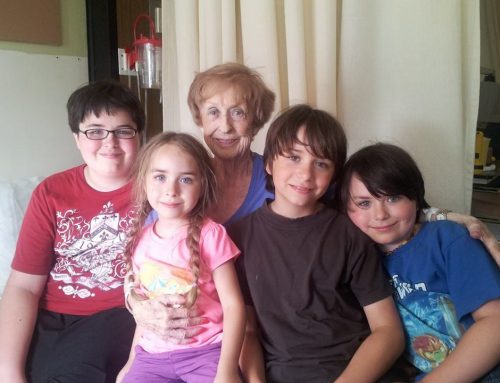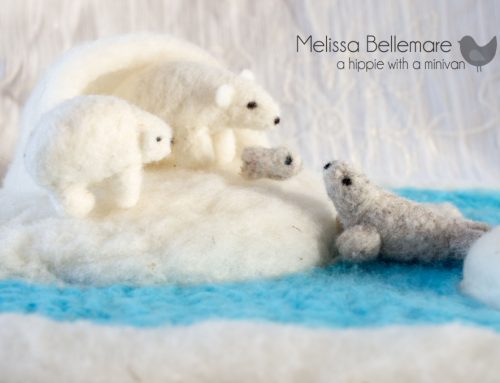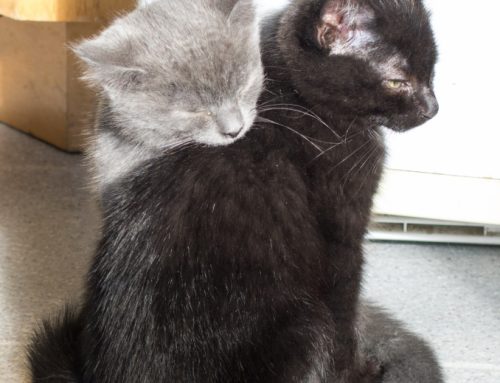“Natural birth may build bond between mother, baby”
“Brain scans on 12 new mothers found that natural childbirth may strengthen the bond between mother and child.
Scientists at Yale University think the contractions during natural childbirth trigger the release of oxytocin, known as the cuddling hormone, in the mother and form a closer attachment between mothers and their babies.
Caesarean sections may not have the same effect, and could be linked to postpartum depression, scientists believe.”
A range of early circumstances surrounding the birth of a child affects peripartum hormones, parental behavior and infant wellbeing. One of these factors, which may lead to postpartum depression, is the mode of delivery: vaginal delivery (VD) or cesarean section delivery (CSD). To test the hypothesis that CSD mothers would be less responsive to own baby-cry stimuli than VD mothers in the immediate postpartum period, we conducted functional magnetic resonance imaging, 2–4 weeks after delivery, of the brains of six mothers who delivered vaginally and six who had an elective CSD. VD mothers’ brains were significantly more responsive than CSD mothers’ brains to their own baby-cry in the superior and middle temporal gyri, superior frontal gyrus, medial fusiform gyrus, superior parietal lobe, as well as regions of the caudate, thalamus, hypothalamus, amygdala and pons. Also, within preferentially active regions of VD brains, there were correlations across all 12 mothers with out-of-magnet variables. These include correlations between own baby-cry responses in the left and right lenticular nuclei and parental preoccupations (r = .64, p < .05 and .67, p < .05 respectively), as well as in the superior frontal cortex and Beck depression inventory (r = .78, p < .01). First this suggests that VD mothers are more sensitive to own baby-cry than CSD mothers in the early postpartum in sensory processing, empathy, arousal, motivation, reward and habit-regulation circuits. Second, independent of mode of delivery, parental worries and mood are related to specific brain activations in response to own baby-cry.
http://www3.interscience.wiley.com/journal/121395695/abstract?CRETRY=1&SRETRY=0






Interesting. It’s not much a surprise but it’s nice to see it in print. Thanks for posting this!
yeah… I have believed this for a long time but it is great to see in print… I was actually telling someone about it last week when I was talking to her about birth…
The same effect of course goes for breastfeeding and the body believing that the baby has died when a woman does not breastfeed…